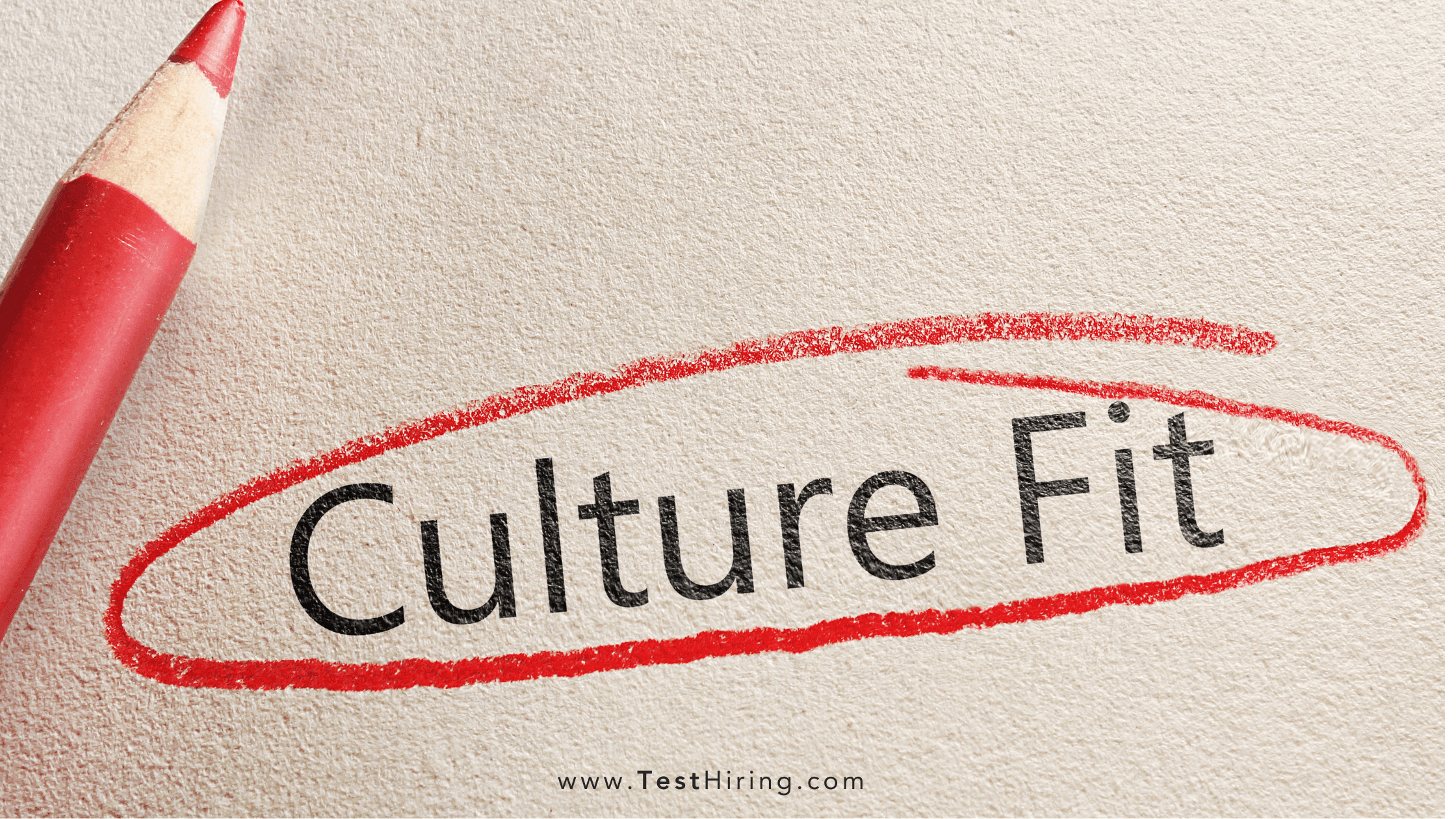In today’s workplace, hiring for cultural fit is just as important as evaluating technical skills. A strong cultural fit ensures that employees align with a company’s values, mission, and work environment, leading to better teamwork, higher engagement, and reduced turnover. TestHiring leverages its innovative assessment tools to objectively screen for cultural fit, making it easier for organizations to build cohesive and productive teams.
Why Cultural Fit Matters
Improved Collaboration: Employees who resonate with company values are more likely to work well with colleagues.
Higher Retention Rates: A good cultural fit reduces turnover by ensuring employees feel connected to their workplace.
Enhanced Productivity: Employees aligned with organizational goals tend to be more motivated and committed.
Positive Work Environment: Shared values create a sense of community and foster a supportive workplace culture.
How TestHiring Evaluates Cultural Fit
Customized Personality Assessments
TestHiring’s personality tests are tailored to reflect the specific values and behaviors a company prioritizes. These assessments measure traits like teamwork, adaptability, and leadership, helping employers find candidates who align with their cultural expectations.Workplace Scenario Simulations
Candidates are presented with hypothetical scenarios that mirror real-life situations in the workplace. These tests evaluate how individuals approach challenges, communicate, and make decisions, providing insights into their compatibility with the organization’s environment.Behavioral Insights Through Psychometric Tests
Psychometric assessments reveal deeper insights into a candidate’s attitudes, motivations, and interpersonal style. This helps determine whether their approach to work and problem-solving aligns with the company’s ethos.Skill + Culture Assessments
TestHiring integrates skill assessments with culture-focused questions, ensuring a balanced evaluation of technical proficiency and cultural alignment. This dual approach highlights candidates who not only excel in their roles but also thrive in the company’s environment.
Key Features of TestHiring’s Approach
Objective and Data-Driven: Eliminates biases that can occur during subjective interviews.
Scalable and Efficient: Handles large candidate pools with consistency.
Tailored for Each Company: Allows customization based on unique organizational values.
Real-Time Reporting: Provides actionable insights through comprehensive reports.
Examples of Cultural Fit Criteria
Depending on the organization, cultural fit might emphasize:
Team Collaboration: For companies with a strong focus on teamwork.
Innovation and Creativity: For startups or businesses in dynamic industries.
Customer-Centric Mindsets: For roles requiring direct client interaction.
Adherence to Structure: For organizations with formal processes and hierarchies.
TestHiring’s tools allow organizations to define and test for these traits effectively.
Balancing Cultural Fit and Diversity
It’s important to note that cultural fit should not compromise diversity. TestHiring ensures that assessments focus on values and behaviors rather than personal characteristics, allowing for an inclusive hiring process that celebrates varied perspectives and backgrounds.
Conclusion
TestHiring’s innovative approach to evaluating cultural fit empowers organizations to make informed hiring decisions. By combining personality assessments, scenario testing, and behavioral insights, companies can identify candidates who align with their values while contributing to a positive and productive workplace culture.
With TestHiring, organizations can confidently build teams that not only perform well but also resonate with their mission and vision.




